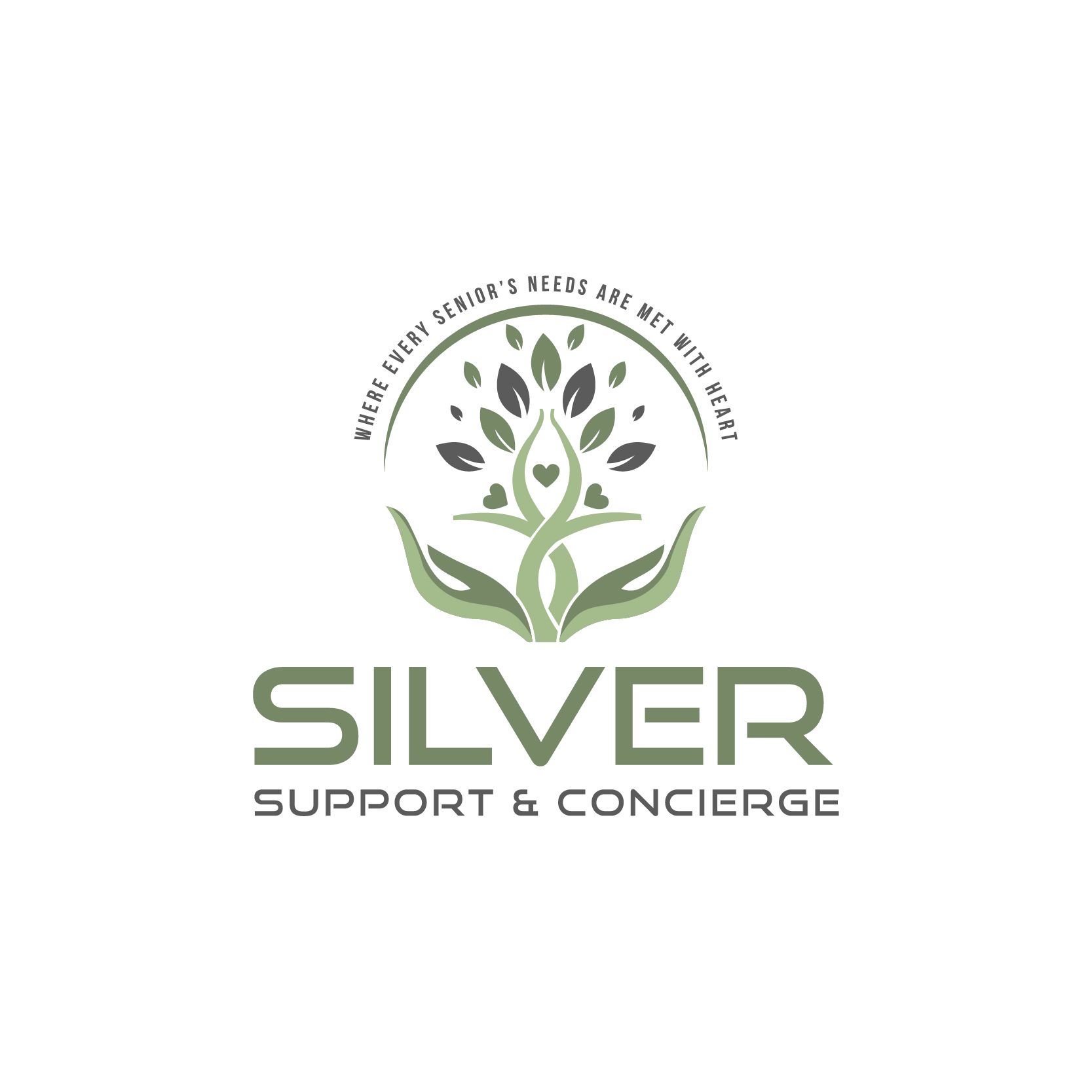The 40-70 Rule: Starting the Conversation About Aging with Your Loved Ones
Start difficult conversations early.

As our parents and loved ones gracefully navigate the journey of aging, it’s natural for families to start thinking about their well-being and future care. However, these conversations can sometimes feel daunting or be put off until a crisis arises. That's where the 40-70 Rule comes in – a simple yet powerful guideline to encourage proactive planning and open communication within families.
What is the 40-70 Rule?
The 40-70 Rule suggests that families should ideally begin having important conversations about aging-related topics when the adult child is around 40 years old and the parent is around 70. At this stage, both generations are generally in good health and capable of thoughtful decision-making. This window of opportunity allows for a more relaxed and considered approach to planning for the future.
Why Early Communication Matters
Imagine trying to make critical decisions under pressure during a health emergency. It can be overwhelming and emotionally taxing for everyone involved. By initiating conversations early, guided by the 40-70 Rule, families can:
- Avoid feeling rushed: You'll have ample time to discuss various options and consider everyone's perspectives without the urgency of an immediate need.
- Promote understanding: Open dialogue allows family members to understand each other's wishes, concerns, and priorities regarding living arrangements, finances, healthcare, and end-of-life care.
- Strengthen family bonds: Approaching these sensitive topics with care and respect can foster deeper connection and trust within the family.
Respecting Autonomy: A Key Principle
It's crucial to remember that the goal of these conversations isn't to dictate a specific plan for your parents. Instead, it's about respecting their autonomy and ensuring their voices are heard. By facilitating open communication, you can work together to create a plan that aligns with their values and preferences. This collaborative approach empowers your loved ones and ensures they feel in control of their future.
Addressing Potential Issues Proactively
Early conversations can also help identify and address potential challenges before they escalate. You might uncover:
- Financial concerns: Discussing financial planning early can help ensure long-term security.
- Changes in health: Openly talking about health can facilitate timely access to necessary support and care.
- Difficulties with daily living: Identifying early challenges can allow for proactive solutions, potentially involving home health care services to maintain independence.
Turning Talk into Action: Creating a Comprehensive Plan
The 40-70 Rule serves as a fantastic starting point. To move beyond conversation, consider developing a more comprehensive action plan for successful aging. This might include:
- Checklists: Creating lists of important documents, contacts, and preferences.
- Conversation tips: Utilizing resources that provide guidance on how to approach sensitive topics.
- Resource identification: Exploring available support services, including home health care options that can provide assistance with daily living, personal care, and skilled nursing.
How [Your Home Health Care Agency Name] Can Help
At [Your Home Health Care Agency Name], we understand the importance of proactive planning and open communication. We are here to support families as they navigate the aging journey. Our compassionate and skilled caregivers can provide a range of services tailored to your loved one's needs, allowing them to maintain independence and quality of life in the comfort of their own home.
Are you ready to start the conversation? Don't wait for a crisis to begin planning. Embrace the 40-70 Rule as a guide to initiate these important discussions. Contact [Your Home Health Care Agency Name] today to learn more about how our services can be a valuable part of your family's comprehensive aging plan. We're here to offer support, guidance, and compassionate care every step of the way.
Optional additions you might consider:
- Including a personal anecdote or a brief client success story (with permission, of course).
- Adding a call-to-action button linking to your contact page or a relevant resource on your website.
- Including a statistic about the benefits of proactive planning for aging.



